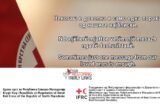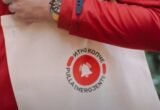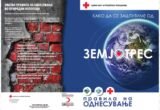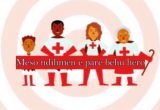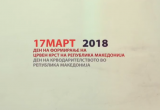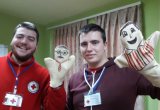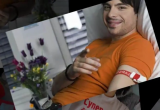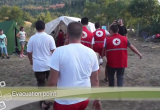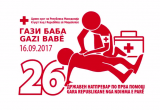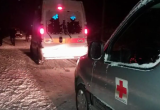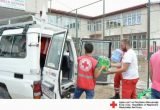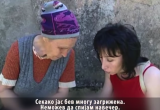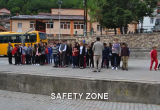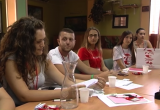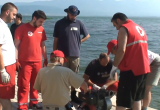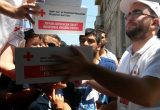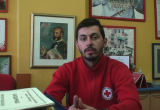
International day of the disappeared
In 2021, nearly 3,300 migrants disappeared on the way to Europe, according to the International Organisation for Migration (IOM). But this statistic only represents the registered cases: in fact, the true number is much higher.
For this year’s International Day of the Disappeared1 on 30 August 2022, the campaign #NoTraceOfYou aims at bringing this tragedy to the public’s attention. Each year, thousands of migrants go missing, and behind each one of them, there is a family in pain, searching for news. The Red Cross and Red Crescent’s role is to help these families look for their missing relative through its Restoring Family Links service.
The starting point of the campaign is the IOM statistic for 2021: 3,300 migrants have disappeared on their way to Europe. The campaign stages the disappearance of 3,300 people in familiar and visually impacting environments – a beach, a carpark, a football stand. The public can then go on a dedicated campaign webpage to learn more on this humanitarian issue and on the Red Cross and Red Crescent’s related activities.
The International Day of the Disappeared – initially called the International Day of the Victims of Enforced Disappearances – was created in 1983. Today, it has a broader scope, including all those considered missing in the context of armed conflict, natural disasters and migration.
Families have the right to know what has happened to their loved one, and it is first and foremost the responsibility of the States to provide them with answers. In addition, deceased migrants must be treated with dignity and every possible effort made to identify them in order to inform their families. Too often, deceased migrants remain unidentified for an indefinite time. This is undignified for the deceased, and traumatic for their families.
For families of missing persons, time does not heal, answers do. The active search for missing loved ones can continue for decades. The Red Cross and Red Crescent Movement works together with families in the search for their missing relatives, and also supports them, including by offering psychosocial support. This assistance to families to help them locate missing family members is at the heart of our Restoring Family Links program.
In 2013, a specific tool called Trace the Face was created by several European National Red Cross Societies and the International Committee of the Red Cross (ICRC) to answer the challenge specific to migration: help people locate missing people who could be anywhere on the migratory road to Europe.
Trace the Face is a website where people publish their own photo to advertise their search for a relative gone missing on the migratory road to Europe. In 2021, 16 500 people were registered looking for 25 600 missing relatives. On average, one family a week is reunited thanks to the Trace the Face website.
The National Societies in Europe and the ICRC can also help migrants maintain contact with their loved ones, for example by offering them free calls. Some also deliver prevention messages to migrants, in order to help avoid family separations and to facilitate searches if the person were to go missing.


